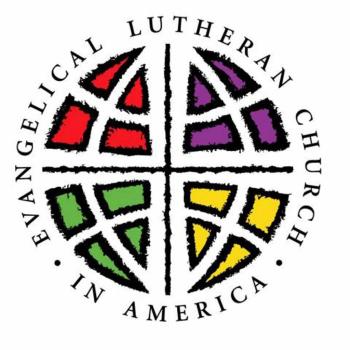If gay marriage is going to come, let it come via legislation. The result would be healthier as a matter of political and social culture and as a matter of constitutional law. Legislation, produced as it is in the rough and tumble of partisan horse-trading, is unlikely to partake of the kind of total victory and total defeat represented by a court victory or a constitutional ban via referendum. This is actually a good thing. While both sides end up feeling frustrated by the process, neither side feels the overwhelming sting of defeat. Likewise, a legislative resolution does not enshrine the result in constitutional law, where it sits about as a possible counterweight to free speech or free exercise rights.
As it happens, I think it unlikely that anyone would push for laws requiring churches to officiate over gay weddings. On the other hand, we do have actual, concrete calls for taxing the property of churches that purvey "hate." Best not to enshrine such attitudes in constitutional law. Indeed, in 2006 when the LDS First Presidency urged members to contact their Congressmen regarding a constitutional definition of marriage then being proposed in the House of Representatives, I wrote a memo that I circulated to folks whom I knew from my time as a Senate staffer in which I attacked the proposed amendment and argued for the complete deconsititutionalization of the same-sex marriage debate.
The problem with such a move is that it would require that gay rights groups give up on the quick, relatively cheap expedient of victory through the courts. It would also require that they give up on the sense of total validation that comes from an authoritative declaration that one's opponents are outside of the realm of acceptable democracy. For traditional marriage activists, it would require giving up the joy enshrining traditional marriage in referendum-passed constitutional provisions that find themselves at war with demographically driven shifts of in social attitudes, at least in some jurisdictions.
Indeed, if one believes -- as I do -- that there is something important about maintaining marriage as an institution for creating and enforcing social norms about gendered relationships and responsibilities, a muddled legislative compromise is much to be preferred to the widespread adoption into constitutional doctrine of the position taken by the Goodrich court in Massachusetts, namely that the gendered element of marriage was so irrational as to be wholly illegitimate.
In this sense, as a social conservative, I actually find the moves toward the creation of gay marriage via statute oddly encouraging. It would be nice if California found a way of deconstitutionalizing the debate and if the California Assembly took responsibility for the issue. Unfortunately, I suspect that the dysfunctionalities of California's politics, and the Manichean outlook created by In re Marriage Cases and Prop 8 make any such settlement unlikely.
Nathan Oman (JD, Harvard) is a law professor at The College of William & Mary. His primary interests are contract law, the more general philosophy of private law, and the intersection of law and religion. He blogs at Concurring Opinions and TimesandSeasons.




